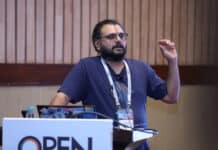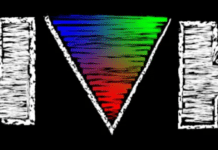![]()
Red Hat has released the open source Ansible Galaxy project to enable automation with community integration. This new announcement brings a hub for developers to share Ansible Roles developments publicly.
The open source availability of Ansible Galaxy highlights Red Hat’s interest towards the ever-growing open source community. At the same time, the latest project expands Ansible Roles that presently acts as the “common language” of Ansible functionality and offers content directories to enable reuse, refactoring and sharing of processes between various teams, organisations and environments.
“The Ansible community is thriving, and Red Hat hopes that by open sourcing the Ansible Galaxy code repository, we will be able to advance open source automation technology, and specifically Ansible Galaxy, in new and interesting ways,” said Tim Cramer, head of engineering for Ansible, Red Hat, in a statement.
Ansible all around
Ansible is not new for businesses. In fact, a large number of Fortune 100 companies are already using Ansible automation to maintain their private cloud environments. Ansible Roles works as pre-packaged, ready-to-run sysadmin tasks to provide developers a simple way to access their servers.
However, the arrival of Ansible project helps companies set up a private Galaxy server and redirect it directly to their private Galaxy repository. There are also options to let developers and system administrators submit new features and enhancements directly to the Ansible Galaxy codebase using the open source solution.
Software developers can access the Ansible project using their existing GitHub account. Furthermore, the Python-based code is also available on the online repository to customise experience.



































































